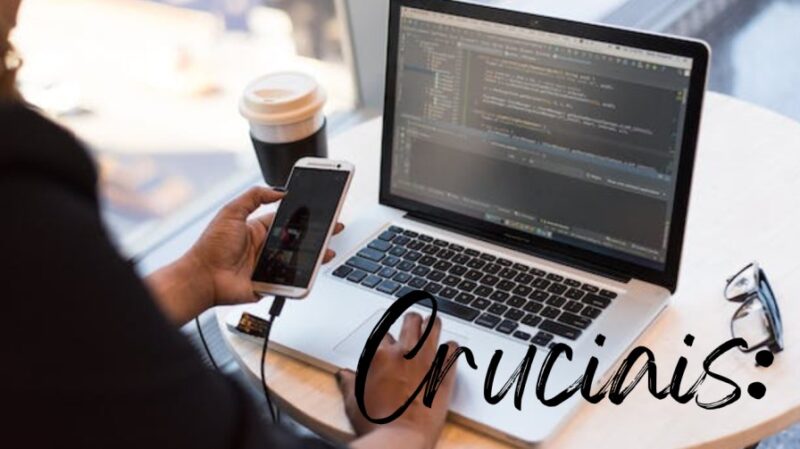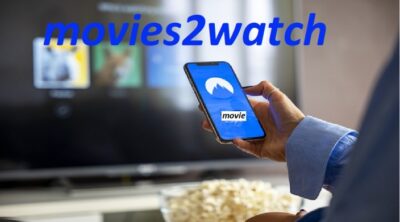Cruciais is a phrase used to describe the cognitive skills necessary for critical thinking and informed decision-making. Its origins lie in the ancient Greek term meaning “decision” or “critical moment.” People have used it historically and in many cultures to denote the significance and influence of particular occasions.
In this post, we will explore the concept, its historical and cosmic significance, and its modern applications. We will also provide some tips and resources on how to enhance these specific skills and unleash your full potential.
What is Cruciais?
Cruciais is the ability to objectively analyze and evaluate information, using logic and reason, and ultimately leading to logical and rational decisions. It involves asking questions, identifying assumptions, examining evidence, detecting biases, and drawing conclusions.
It is not only a skill but also an attitude. Curiosity, skepticism, humility, and an open mind are necessary. Along with maybe challenging your preexisting thoughts and beliefs, it may also open your eyes to new possibilities and viewpoints, which calls for courage.
It is not the same as intelligence, knowledge, or creativity. However, it can enhance and complement these qualities, as it helps you to use them effectively and efficiently.
Why is Cruciais Important?
It is important for many reasons, such as:
- It supports you in overcoming obstacles and finding solutions in both your personal and professional lives.
- It assists you in making better decisions and assessments that are supported by facts and data rather than feelings or whims.
- It facilitates cooperation and communication with others by teaching you to listen, comprehend, and value the opinions of others.
- By looking for fresh knowledge, challenging your preconceptions, and broadening your perspectives, it aids in your learning and personal development.
- By identifying and eliminating fallacies, biases, and disinformation, it aids in the prevention of errors and blunders.
Crucialis is very important because of the 21st century’s fast-paced, information-driven environment and constant exposure to a range of information sources, some of which may be inaccurate, deceptive, or untrustworthy. Cruciais helps us to separate views from facts, truth from untruth, and quantity from quality while organizing and evaluating this data.
How to Develop and Improve Your Cruciais Skills?
It is not a fixed or innate ability, but rather a dynamic and learnable skill that can be developed and improved over time. Here are some tips and resources on how to do so:
- Read widely and critically. Reading exposes you to a range of ideas, arguments, and points of view, making it one of the best ways to develop your critical thinking skills. However, reading should be done critically and actively rather than merely passively. This implies that you should question the author, evaluate the supporting data, take the writing’s purpose into account. Also, identify the benefits and drawbacks, and contrast and compare your conclusions with those of other sources.
- Write clearly and logically. Writing is another way to improve your cruciais skills, as it helps you to organize your thoughts, express your ideas, and support your claims. It’s important to write properly and clearly instead of just writing anything at random. Having a distinct thesis statement, an organized and logical framework, a constant voice, and a strong conclusion are therefore essential. It is also important that you properly credit any relevant and trustworthy sources you use.
- Play games and puzzles. Games and puzzles are not only fun, but also beneficial for your specific skills, as they challenge your brain, stimulate your creativity, and enhance your memory. However, you should not just play any games or puzzles, but those that require logic, strategy, and problem-solving. Some examples are chess, sudoku, crossword, and riddles.
- Engage in discussions and debates. Discussions and debates are also useful for your cruciais skills, as they allow you to exchange views, listen to feedback, and defend your position. But, you ought to only participate in courteous, fruitful, and helpful conversations and debates. This implies that you have to follow the guidelines, pay close attention, respect the other viewpoint, and present reasoned and convincing arguments.
- Seek feedback and self-reflect. Your critical abilities depend on feedback and self-reflection, which enable you to pinpoint your advantages and disadvantages and enhance your performance. But rather than just asking for feedback or reflecting on yourself at random, you should look for it from reliable sources and undertake an honest, unbiased self-evaluation. This implies that you ought to request precise and helpful criticism and, in return, humble yourself and show thanks for it. Along with reviewing your activities and results, you should also reflect on your achievements and shortcomings.
Conclusion
It is possible to think critically and make well-informed decisions thanks to a cognitive ability known as crucialis. Together with its cosmic and spiritual significance, it has a lengthy and rich history. It also has many modern applications and benefits, both in your personal and professional life.
It is a dynamic and teachable skill that can be developed and enhanced over time, rather than a static or natural aptitude. You can achieve this by reading widely and critically, writing logically and clearly, solving puzzles and games, participating in discussions and debates, asking for and reflecting on comments, and conducting introspection.
FAQs:
What is the origin of the term?
The word “cruciais” comes from an ancient Greek phrase that means “decision” or “critical moment.” The Greek philosopher Aristotle employed it to draw attention to how significant and crucial some events are.
What are some examples of these skills?
Some examples of these skills are analysis, evaluation, inference, deduction, induction, and synthesis.
What are some barriers?
Some barriers include ignorance, prejudice, bias, emotion, ego, conformity, and laziness.
How can I measure my skills?
By completing standardized assessments like the Cornell Critical Thinking Test, the California Critical Thinking Skills Test, or the Watson-Glaser Critical Thinking Appraisal, you can gauge your level of critical thinking abilities.
Where can I find more resources on the topic?
Check out websites like Cruciai s, The Critical Thinking Community, and Critical Thinking Web for additional materials on the subject. Additionally, you can read works like Cruciais: Mastering the Power of Critical Thinking by Tad Toper, The Art of Thinking Clearly by Rolf Dobelli, and Thinking, Fast and Slow by Daniel Kahneman.
Also read about, https://mostwittybuzz.com/hqpotner/.










